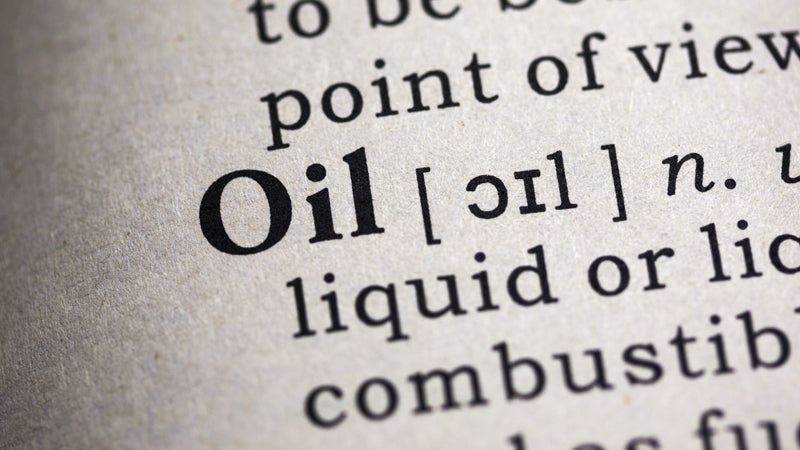Fracking, noun, “the injection of fluid into shale beds at high pressure in order to free up petroleum resources (such as oil or natural gas),” made it into the annals of proper language along with 149 other words that were added to Merriam-Webster’s online and Collegiate dictionaries.
“One of the most important things we have to watch is the trendiness of language, so we don’t want to put a word in that will then have to come out,” editor Peter Sokolowski . “We want to make sure a word is here to stay.”
According to the AP, three to four senior editors ultimately decide which words get their big break.
Although fracking, formally “hydraulic fracturing,” has , the word first made an impact on popular culture between 2003 and 2006, thanks to increased Midwestern drilling activity and .
As we mull the meaning of fracking’s acceptance into mainstream language, there are some silver linings: while M-W was finally forced to recognize colloquial buzzwords such as , the dictionary’s team also affirmed the legitimacy of cap-and-trade, a means of limiting carbon emissions, and—in a pretty progressive move for the dictionary—, or living sustainably.
“[Freegan’s] a young word, from 2006,” Sokolowski said. “It’s one of the youngest in this list. This kind of environmentalism was a Lone Ranger type of activity before but has taken off.”


